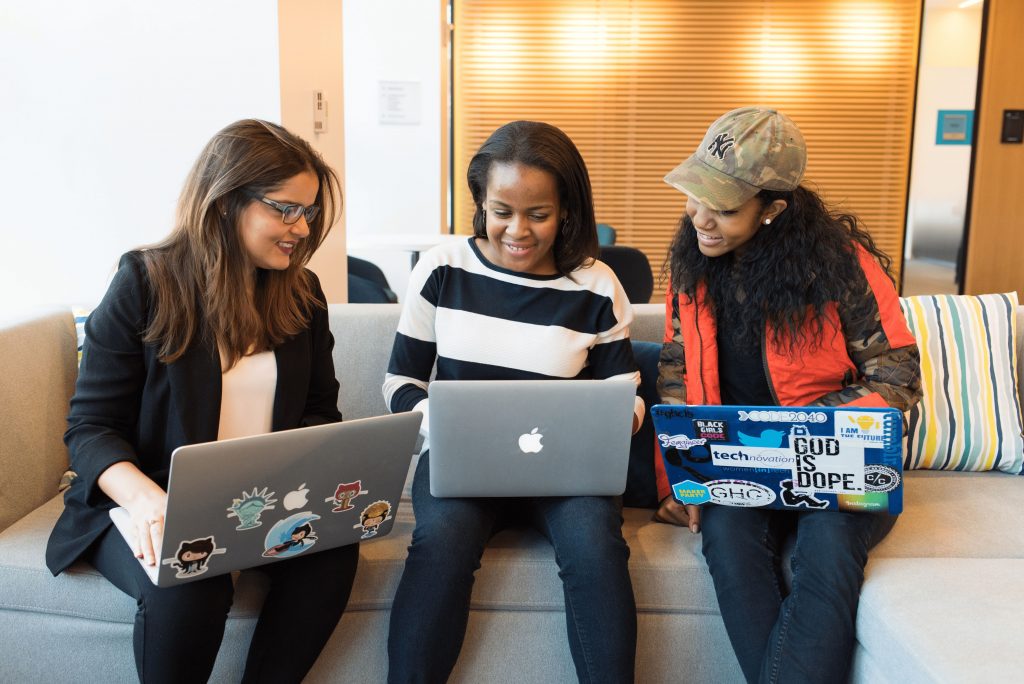Learning for adults – how to start learning again?
Learning is an important process in the life of any person, even an adult, and yes, even a professional. Continuous learning of new things, improving one's skills, mastering trending professions—all this can be called training necessary for a comfortable, modern life. But how can you psychologically prepare yourself for development if your workload is increasing exponentially and modern professions are not appealing? Let's figure it out.

Define the goal
We are all different; someone sees the process in stages, and someone sees the final goal. It is very difficult for an adult who has gone through all the circles of hell of school and university to set himself up for "learning for the sake of learning" or "because it is necessary." To argue, first of all, with yourself, you will need weighty reasons and a correct, useful goal. Answer your questions:
- What will new knowledge give me?
- How will they affect my income?
- Will I compensate for my training with the skills I have acquired, and how soon will this happen?
- Will I be able to apply the new knowledge in my life?
A few more objective questions immediately weed out useful learning options from useless ones. And in adulthood, with limited time and a permanent job, this is very important.
Tune in psychologically
No matter how interesting the new course you are going to take is for you, you will still have to get used to some aspects of learning. These primarily include:
- Time. Now, depending on the schedule of classes, a certain amount of time in your life will be occupied by studying. And at this time you cannot work in parallel, pick up children from school, or cook soup for the whole family—allow yourself to gain knowledge, even in a convenient format, by giving yourself up to the learning process completely.
- Homework assignments. Yes, now they will be able to give you tasks for working out, just like at school. To learn a new skill or tighten up old knowledge, one lecture with a teacher will not be enough—you will have to practice, including in your free time.
- Teachers. One of the problems noted by online institutes and business courses is the non-recognition by adult students of the teacher as a source of knowledge. This situation is especially aggravated if the teacher turns out to be younger than the student. Firstly, breathe; a person younger than you can really be more professional and experienced in a particular topic. Secondly, modern courses are very different from those in the past with strict teachers. You will always be listened to and treated with understanding for the difficulties you face in learning.
Remember that in adulthood, you are not burdened with learning responsibilities! Yes, this is an important component of development, but choosing where and when to study is entirely your responsibility and desire. Do not worry if you are not impressed with the training from the first lesson; for this, there are trial lessons where you can decide whether you are interested in the topic or not. In any case, even learning is a matter of habit.
Start with a hobby
When the brain is really full of important things for work, family, friends, and home, there may simply be no strength left for complex courses. This is absolutely normal—your goal is not to burn out on life but to make it comfortable and saturated.
If you have been burning for some occupation for a long time but have not dared to master it more deeply, it's time to learn. These can be courses in decorative ceramics, professional go-karting, embroidery, vocals, musical instruments, or anything your heart desires. We are not saying that such knowledge is easier than the profession of an Internet marketer, but psychologically, such classes will unload more than "load." And it's also a great way to prove to your brain that learning is not scary or hard at all.

Allow yourself to be lazy
When the whole world says that without learning, your life will be incomplete, there is a great chance to come to new knowledge with the wrong attitude. As we said earlier, an unwillingness to overload your life or a temporary lull in gaining new knowledge is normal.
Allow yourself to be lazy, be sure to take pauses between different courses, and try to write down new knowledge in order to return to them in a more elated and motivated state.
Headings: Career & Management




